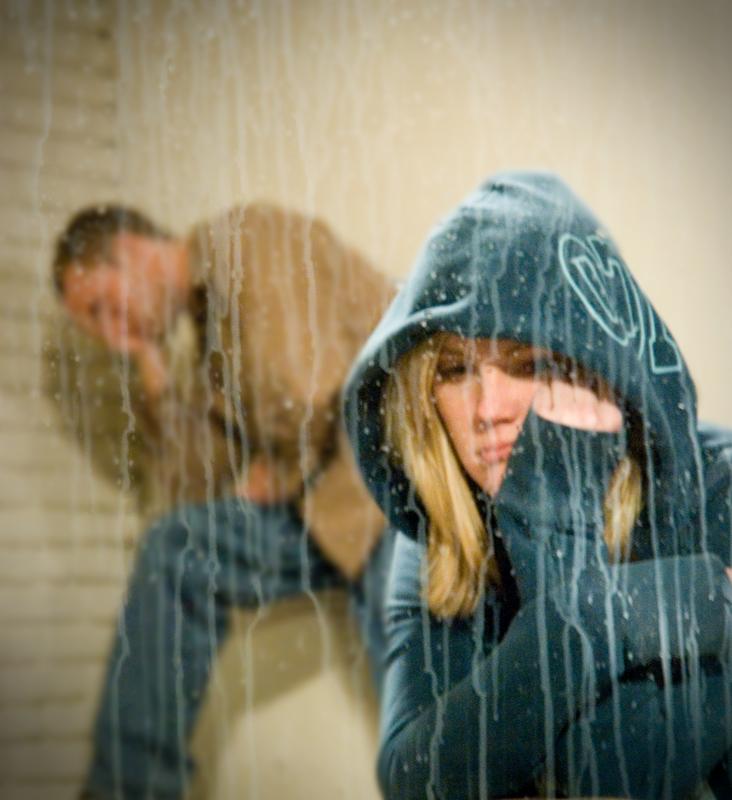
It’s not the most light-hearted topic, but maybe that’s why it affects so many people. Depression is very common for people at university not because university itself is particularly horrible, but because it is a sign of A LOT of change.
However, as the weather gets colder, seasonal depression (also known as SAD) becomes a real prominent issue for thousands of people every year. Some people are more likely to be effected by it than others; the cold miserable weather and the stress from going so long without a break can be incredibly difficult.
Depression is not only linked to feeling sadness for an extended amount of time. In fact many people, especially students, find themselves under “a grey cloud”, where they find it hard to connect with anything. This happens in moments when whatever you’re watching or reading stops meaning anything to you; it can feel like your focus isn’t being held at all. For a lot of people this can manifest as a lack of motivation to do anything, ranging from showering to making plans. (Showering is a surprisingly common thing for people to find difficult with depression). Some signs of depression are harder to determine in winter, like sleeping for longer time; after all, no-one wants to get out bed when it’s cold! Withdrawing from people is also more common in winter, since the cold weather is a little too convenient an excuse to cancel plans.
The nature of seasonal depression is that it will pass once winter does. Yet there’s no need to just wait out these feelings. There are plenty of small things you can do to really help you come out from under your little grey cloud.
1. Improve your physical health- this has a huge impact on mental health. Making sure you exercise and eat right not only has the obvious physical benefit, but making that effort can boost self-esteem and help spark motivation.
2. See some sunlight- Although it is quite difficult in the cold, trying to go outside at least once a day is also very beneficial: a change of scenery can take your mind off of difficult feelings.
3. Create goals – The most important aspects are structure and communication. Having clear goals and reasons to get out of bed in the morning often helps give people a sense of purpose. Try writing down a to-do list for the day so that your day has focus and a final goal.
4. Talk to someone – Talking everyday about absolutely anything with friends will help you get through so many of those feelings. Social withdrawal gets much worse as time passes and you begin to overthink how difficult talking will be.
5. Get help – If you struggle with these feelings and feel as though nothing is helping you, talk to a doctor. The Disability and Dyslexia services at Royal Holloway offer great advice on all these feelings, as well as being willing to talk about anything that causes you anxiety or stress.
